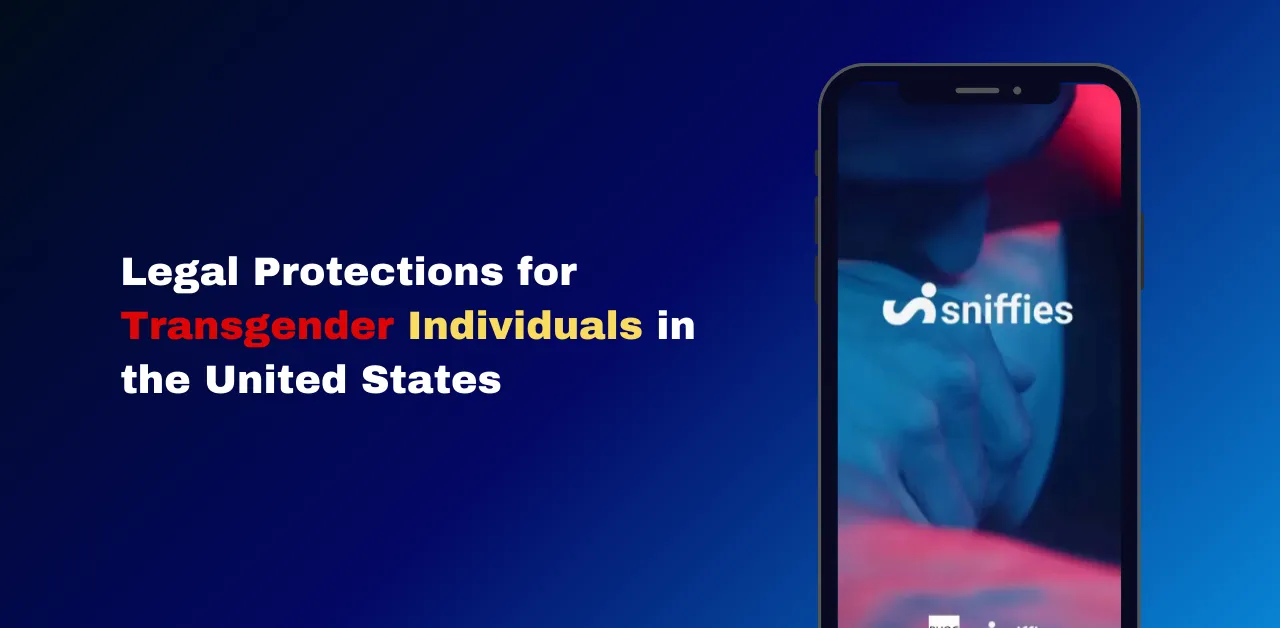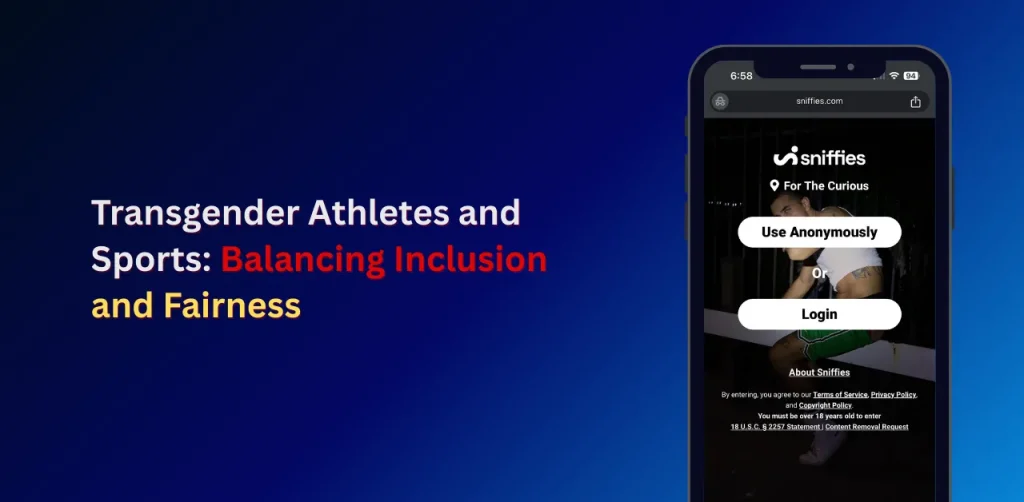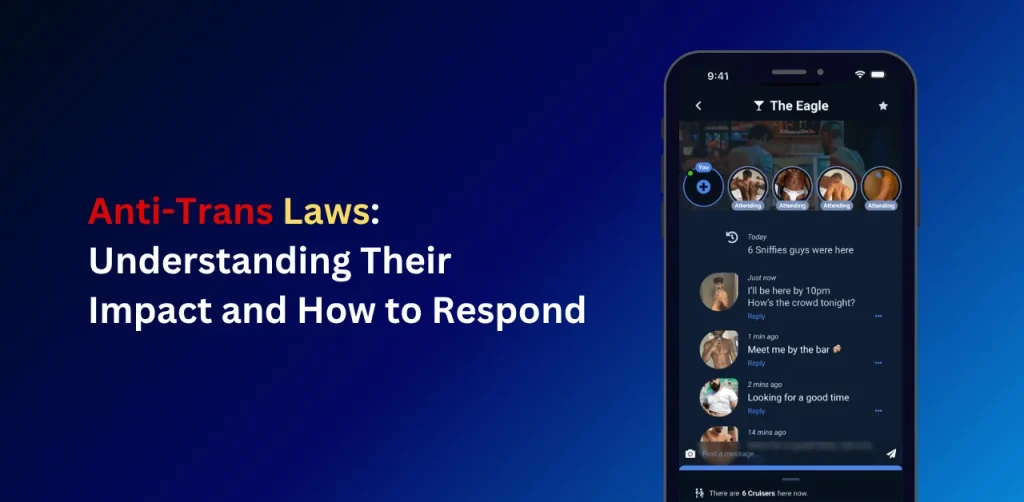Legal Protections for Transgender Individuals in USA

Are you aware of the legal protections available for transgender individuals in the United States? Understanding these rights is crucial for ensuring equality and respect for all. From employment and housing to healthcare and identity documents, the legal landscape for transgender rights is complex and evolving. transgender individuals face both significant protections and unprecedented challenges, with recent executive orders and state laws reshaping the legal framework.
This article explores the current federal and state laws, recent court decisions, and ongoing debates shaping transgender legal protections. Whether you’re a transgender individual seeking information or an ally looking to support, this guide provides the knowledge you need to navigate and advocate for transgender rights.
Federal Legal Protections for Transgender
Employment Rights
Transgender employees are protected from workplace discrimination under federal law. In 2020, the Supreme Court ruled in R.G. & G.R. Harris Funeral Homes Inc. v. Equal Employment Opportunity Commission that Title VII of the Civil Rights Act of 1964, which prohibits sex discrimination, extends to gender identity. This landmark decision ensures that transgender individuals cannot be fired, denied promotions, or otherwise discriminated against based on their gender identity. Despite this, enforcement can vary, and some states lack explicit protections, creating inconsistencies in workplace rights.
Hate Crime Protections
The Matthew Shepard and James Byrd Jr. Hate Crimes Prevention Act of 2009 added gender identity to the federal definition of hate crimes. This allows prosecution of crimes motivated by bias against transgender individuals as federal hate crimes, particularly those affecting interstate commerce or federal jurisdictions.
However, only 22 states plus Washington, D.C., include gender identity in their hate crime laws, leaving gaps in protection. States like Arkansas, North Carolina, and Tennessee even prohibit municipalities from enacting such protections, increasing vulnerability for transgender individuals.
Marriage Rights
The 2015 Supreme Court decision in Obergefell v. Hodges legalized same-sex marriage nationwide, indirectly protecting transgender marriages by ensuring equal marriage rights regardless of sex. Earlier cases, such as M.T. v. J.T. (1976) and In re Estate of Gardiner (2001), recognized the legal sex of transgender individuals post-transition, validating their marriages. However, some states maintain restrictive laws regarding marriage and gender recognition, which can complicate legal recognition for transgender couples.
Identity Documents
Most states allow transgender individuals to update their sex on birth certificates and driver’s licenses, though requirements vary. Some states mandate proof of gender-affirming surgery, while others permit changes based on self-identification. Non-binary “X” markers are available in some states, but federal policy has shifted.
From 2022 to 2025, the U.S. State Department allowed gender self-identification on passports, including an “X” option, but this was repealed by Executive Order 14168 in January 2025. States like Kansas (2023), Florida (2024), and Texas (2024) have banned or restricted changes to sex markers on identification documents.
Housing Rights
The U.S. Department of Housing and Urban Development (HUD) protects transgender individuals from housing discrimination. The 2012 Equal Access Rule, expanded in 2021, ensures equal access to housing programs regardless of gender identity. Despite these protections, transgender individuals face significant challenges, with 30% experiencing homelessness and 41% of Black transgender individuals reporting homelessness, according to HUD data. These statistics highlight the need for stronger enforcement and support systems.
State-Level Legal Protections
Anti-Discrimination Laws
As of 2018, 22 states and over 225 jurisdictions, including Washington, D.C., have laws prohibiting discrimination based on gender identity in employment, housing, and public accommodations. Pioneering states like Minnesota (1993), California (2004), and Massachusetts (2012/2016) have led the way in enacting these protections. However, Iowa is set to lose its protections starting July 1, 2025, reflecting a trend of rollbacks in some regions. These laws are vital for ensuring transgender individuals can live free from discrimination in everyday life.
Restroom Access
Restroom access is a contentious issue. Non-discrimination laws in many states include public accommodations like restrooms, affirming transgender individuals’ right to use facilities matching their gender identity. However, as of May 2024, 12 states Alabama, Arkansas, Florida, Idaho, Iowa, Kansas, Kentucky, Mississippi, North Dakota, Oklahoma, Tennessee, and Utah have passed “bathroom bills” restricting transgender individuals from using restrooms aligned with their gender identity. In contrast, states like California, Vermont, New Mexico, and Illinois mandate single-occupancy gender-neutral bathrooms, promoting inclusivity.
Healthcare Access
Access to gender-affirming care is a critical concern. As of June 2025, 27 states have enacted bans on gender-affirming care for minors, with 19 imposing complete bans and 6 having partial bans. Some bans, such as those in Arkansas (June 2023) and Montana (May 2025), have been blocked by courts.
For adults, no states outright ban gender-affirming care, but 7 states impose restrictions, such as requiring special consent or excluding coverage. Executive Order 14187, signed on January 28, 2025, aims to prevent federal funding for gender-affirming care for individuals under 19, though it faces legal challenges.
Sports Participation
Transgender women and girls face bans from competing in women’s sports in multiple states. On February 5, 2025, President Trump signed Executive Order 14201, banning transgender athletes from women’s sports, and the Education Department urged the NCAA to reverse transgender athletes’ records, titles, and awards on February 11, 2025. These measures reflect a broader trend of restricting transgender participation in sports, sparking debates over fairness and inclusion.
Recent Developments and Challenges
Executive Orders and Court Rulings
In 2025, several executive orders have significantly impacted transgender rights:
The Supreme Court’s United States v. Skrmetti decision (June 18, 2025) ruled that bans on gender-affirming care for minors are constitutional, further limiting access. However, some court rulings, like those in Arkansas and Montana, have blocked state bans, offering hope for continued access.
Legislative Trends
The number of anti-transgender bills has surged, with over 250 bills introduced in 2025 targeting transgender rights in areas like sports, bathrooms, healthcare, pronouns, drag shows, and education. States like Florida, Texas, and Tennessee are leading these efforts. Conversely, 16 states and Washington, D.C., have passed “sanctuary” laws protecting transgender individuals fleeing anti-trans states from extradition, starting with Connecticut in 2022.
A February Pew Research Center study found that 66% of U.S. adults support laws requiring transgender athletes to compete on teams matching their sex assigned at birth, while 56% support anti-discrimination protections in jobs, housing, and public spaces.
Public Opinion and Advocacy
Public opinion on transgender rights is complex. The Pew study highlights a divide, with growing support for restrictions on transgender participation in sports and healthcare alongside support for anti-discrimination measures. Advocacy groups like the ACLU and the Movement Advancement Project play a critical role in challenging restrictive laws and educating the public. Transgender individuals and allies can advocate by supporting these organizations, reporting discrimination, and engaging in policy discussions at local and national levels.
Practical Steps for Transgender Individuals and Allies
To navigate and advocate for transgender rights:
What legal protections exist for transgender people?
Transgender individuals are protected by federal laws like Title VII (workplace), the Fair Housing Act (housing), and the Affordable Care Act (healthcare) against discrimination based on gender identity. Many states also have anti-discrimination laws. Check TransEquality.org.
What legal protections exist for transgender people?
Transgender individuals are protected by federal laws like Title VII (workplace), the Fair Housing Act (housing), and the Affordable Care Act (healthcare) against discrimination based on gender identity.
Can transgender employees face workplace discrimination?
No, the 2020 Bostock v. Clayton County ruling protects transgender employees under Title VII from discrimination or harassment. File complaints with the EEOC at EEOC.gov.
Do transgender people have healthcare rights?
Yes, Section 1557 of the ACA ensures access to gender-affirming care. If denied, appeal via your insurer or contact HHS.gov.
Are transgender students protected?
Yes, Title IX protects transgender students in schools from discrimination, including facility access matching their gender identity.
Conclusion
The legal landscape for transgender individuals in the United States is a mix of progress and setbacks. Federal protections in employment, marriage, and hate crimes provide a foundation, but state laws vary widely, and recent executive orders and court rulings have rolled back some rights.
Healthcare access, particularly for minors, remains a battleground, with bans in many states but legal challenges offering hope. As legislative attacks on transgender rights continue, understanding these protections is more important than ever. By staying informed and advocating for change, we can work toward a future where all individuals are treated with dignity and respect. For more information, explore our latest article Safe Solo Travel Guide for LGBTQ+ and Pronoun-Inclusive Email Signatures



